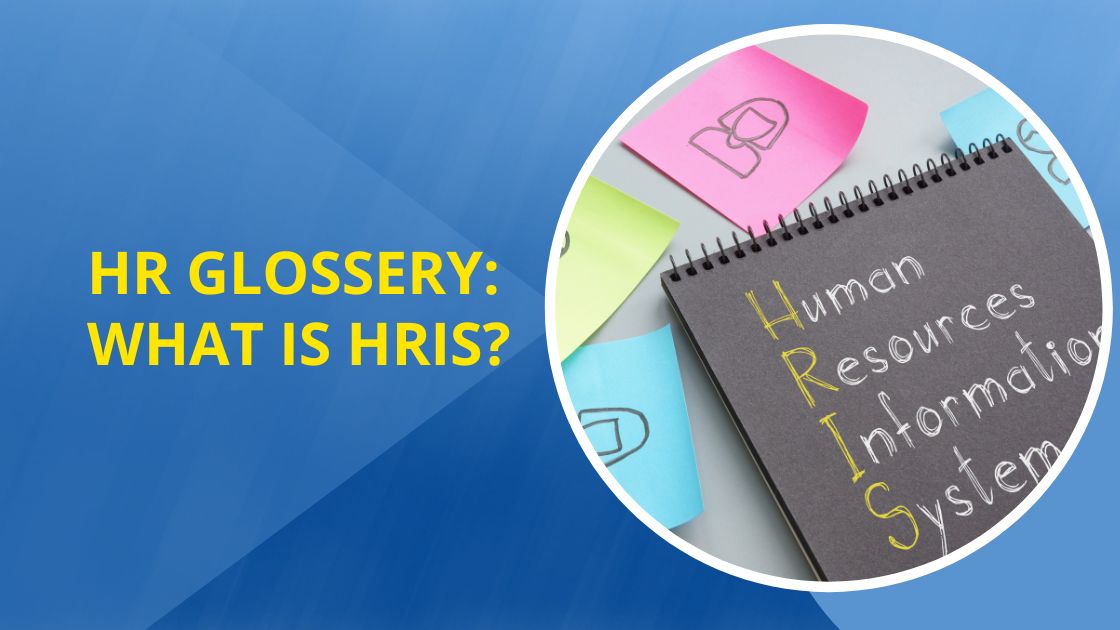Human Resource Information Systems (HRIS) play a pivotal role in enhancing the efficiency of businesses by meeting core HR needs and facilitating better management of employees. This software is designed to bring structure to human resource management, providing timely and reliable information about the current and potential workforce. In doing so, HRIS contributes to gaining a competitive advantage in the marketplace. This article explores the significance of HRIS, its role in automating HR processes, and the benefits it brings to organizations.
Definition and Components of HRIS
HRIS encompasses not only software but also hardware, support functions, policies, and systematic procedures that contribute to the strategic and operational processes of HR departments. It involves databases and computer programs utilized in implementation to store, manage, record, deliver, and manipulate data for various human resource operations.
The primary purpose of HRIS is to process and provide timely and accurate employee information. This, in turn, allows HR professionals to allocate more time to high-value work, making their activities more cost-effective and efficient. As a result, the overall effectiveness of the organization is significantly influenced.
Evolution and Transformation with Information Technologies
HRIS has evolved alongside information technologies, transforming the human resource management (HRM) function. In an era where the role of HR professionals is shifting from traditional administrative tasks to more strategic responsibilities, HRIS has become instrumental in maintaining, managing, and processing detailed employee information and HR-related policies and procedures.
Functions of HRIS
HRIS enables businesses to leverage technology more effectively in various operations, encompassing people, forms, policies, procedures, and data, in addition to hardware and software. Modern HRIS platforms provide automation for numerous HR planning tasks, collecting, maintaining, and delivering information crucial for decision-making. This automation not only streamlines processes but also acts as a strategic instrument for organizations.
Benefits of HRIS Implementation
Several studies have highlighted the numerous benefits resulting from the implementation of HRIS in organizations. One notable advantage is the positive impact on time efficiency. With HRIS in place, employees can input data more accurately and efficiently, freeing up valuable time for HR professionals to focus on strategic initiatives.
Conclusion
In conclusion, HRIS serves as a cornerstone in the modern HR landscape, offering a structured approach to human resource management. The integration of technology, databases, and automated processes not only enhances the efficiency of HR operations but also empowers HR professionals to take on more strategic roles within organizations. As businesses continue to navigate the evolving landscape of HR, HRIS stands out as a crucial tool for meeting the dynamic demands of the workforce and gaining a competitive edge in the market.
